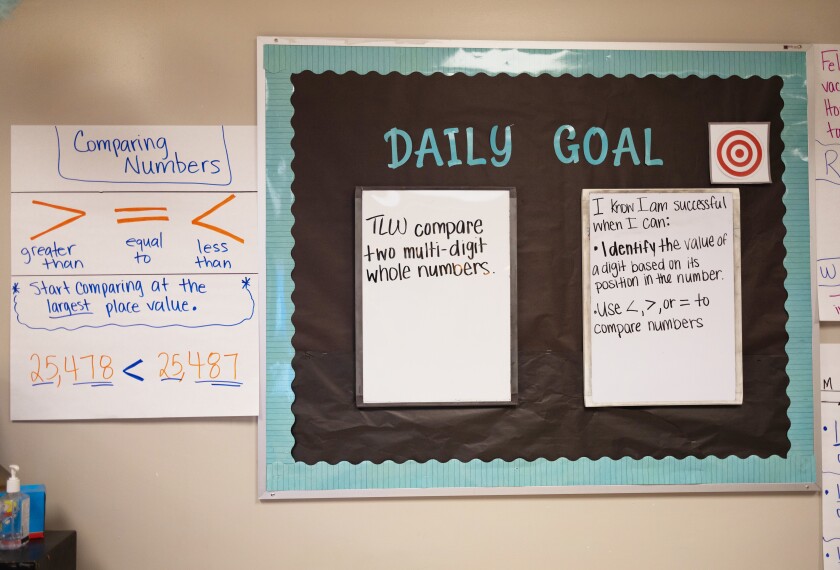A new study examines the academic standards for mathematics in high-performing Hong Kong, Singapore, and South Korea and creates a “composite” of their approaches along with suggested lessons the United States could take from their methods.
Those international standouts limit the repetition of topics across grades 1-6, as others have pointed out. But researchers Steven Leinwand and Alan Ginsburg also find that the three concentrate heavily on numbers, measurement, and geometry, with less emphasis on data analysis and little exposure to algebra. They also sequence lessons logically, so that one topic builds on another, and they order content so that it reinforces students’ knowledge of other concepts, the researchers found.
Mr. Ginsburg, the director of policy and program studies at the U.S. Department of Education, has studied Asian nations’ approaches to education extensively. Mr. Leinwand also has written on the topic as a principal research analyst at the Washington-based American Institutes for Research, which published the study. (The research paper does not represent the views of the Education Department, the authors note.)
The researchers also said policymakers, including those shaping efforts to draft common K-12 standards across states, would be wise to look closely at the approach explored in the study.




